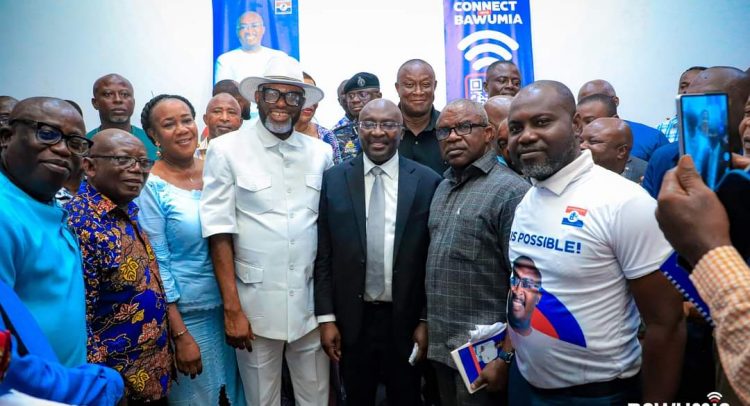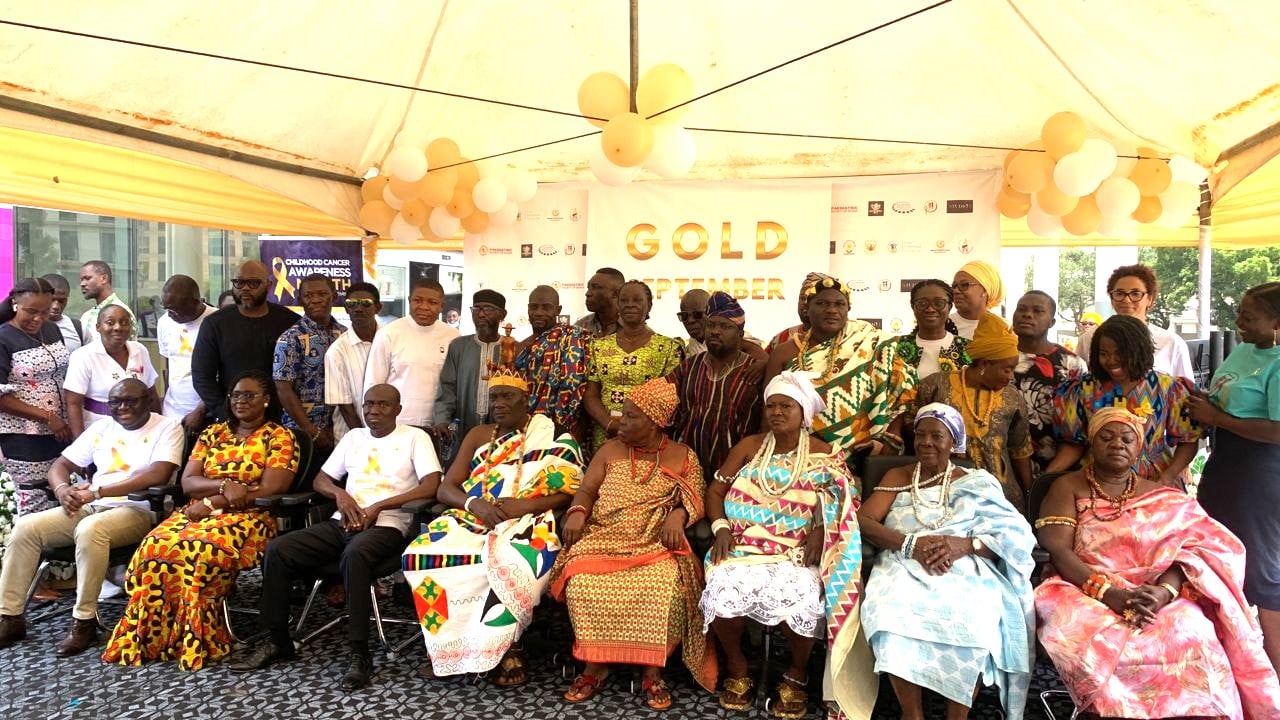
By Kingsley Webora TANKEH
The Chief Executive Officer-Ghana National Chamber of Commerce and Industry (GNCCI), Mark Badu-Aboagye, has warned that a ‘blanket’ removal of minimum capital requirements for Foreign Direct Investment (FDI) would be detrimental to indigenous businesses.
Speaking exclusively to Business and Financial Times (B&FT) in Accra, Mr. Badu-Aboagye argued that such a move, while intended to attract investment, would decimate small indigenous enterprises and risk ceding control of the economy to foreigners.
“We shouldn’t do a blanket removal. There are certain areas – mostly smaller indigenous businesses which you usually find within the retail sector – that we need to protect. This is largely where you can find a lot of Ghanaian businesses,” he emphasised.
His comments come in the wake of debate on the proposed drastic reforms to the Ghana Investment Promotion Centre (GIPC) Law Amendment, 2013 (Act 865), which will scrap the minimum capital requirement for FDI.
Instead, the renowned business executive proposed a strategic approach to FDIs rather than scrapping the minimum capital requirement entirely.
He suggested that capital-intensive sectors like mining and large-scale manufacturing, where the existing minimum capital is often a “non-starter”, should be fully liberalised to attract big investors. Meanwhile, sectors where Ghanaians have capacity but need time to build resilience -especially retail – must be shielded from FDI ramifications.
“It should be a sector-by-sector approach. We should give ourselves some time and within the next 10 years expect them to reach this level, while providing the necessary support,” he advised, citing success stories from Nigeria that were built on protective measures.
Section 28 of the GIPC Law (Act 865) sets the minimum capital requirements for FDI at US$200,000 for a joint venture with a Ghanaian partner, with at least 10 percent stake; US$500,000 for a wholly foreign-owned enterprise; and US$1million for a wholly foreign-owned trading enterprise. The law allows these investments to be made in cash or capital goods.
However, President John Dramani Mahama, on his state visit to Japan, announced reforms to the GIPC Law which will be presented to parliament later this year – and ultimately result in the scrapping of these minimum capital requirements that seek to regulate FDI and offer some protection to indigenous businesses against unfair competition from foreigners.
Mr. Badu-Aboagye challenged the decision to reform the GIPC Law by scrapping minimum capital requirement, saying it is uncalled for. He noted that some foreigners are already taking over less capital intensive ventures – like barber-shops – which were previously 100 percent indigenous, emphasising the behemoth of a problem local businesses face.
Section 27(1) of the GIPC Law bars foreigners from investing or participating in the sale of goods or provision of services in a market; petty trading or hawking or selling of goods in a stall at any place; and the operation of commercial vehicles like taxis.
He therefore urged stringent enforcement of the law to stymie this unlawful behaviour. He called for a sector-by-sector analysis and broader stakeholder engagement to devise a more sustainable way of attracting FDIs without sacrificing local businesses on the altar of liberalisation.
While acknowledging the critical role of FDI in job creation, technology transfer and productivity, Mr. Badu-Aboagye cited the retail sector – which isn’t capital intensive and is locally dominated – as another easy prey to FDI.
“This is largely where you can find a lot of Ghanaian businesses. With a minimum amount of money, they can begin to do something. Those areas, we need to protect them,” the business executive noted.
He stressed that the challenges these local businesses face in accessing capital render them uncompetitive to foreign investors, who often secure funding at interest rates as low as 1 percent. Therefore, he maintained that without protective measures, these well-funded foreign entities could easily flood the market with cheaper products and “collapse all the retail shops that we have”.
He stressed that such an influx would threaten the entire national economy’s sovereignty. “We will end up creating an economy that is owned by foreigners,” Mr. Badu-Aboagye said, stressing that in such case “any little shock will affect everything”.
This is because foreigners are always quick to repatriate their funds at the earliest signs of an imminent economic crisis, he added.
For instance, he linked the cedi’s annual depreciation this foreign dominance. “At beginning of the year when companies are repatriating their profits, you see the cedi depreciating drastically. If these companies are owned by Ghanaians, the money will remain here,” he explained.
In view of these potential risks to the economy, Mr. Badu-Aboagye called for careful scrutiny of FDIs into the country to sift out ‘fake FDIs’, where foreign entities bring in products instead of capital, sell them for cedis and then convert into dollars for repatriation – further straining the economy.
He concluded by urging government to protect long-term interests of the business community. “The least we can do is put in some of these capital requirements to ensure we protect the areas where we have capacity. We have just started and I think we should tread cautiously.”
The post ‘Blanket’ FDI reforms could spell doom for local businesses appeared first on The Business & Financial Times.
Read Full Story













Facebook
Twitter
Pinterest
Instagram
Google+
YouTube
LinkedIn
RSS